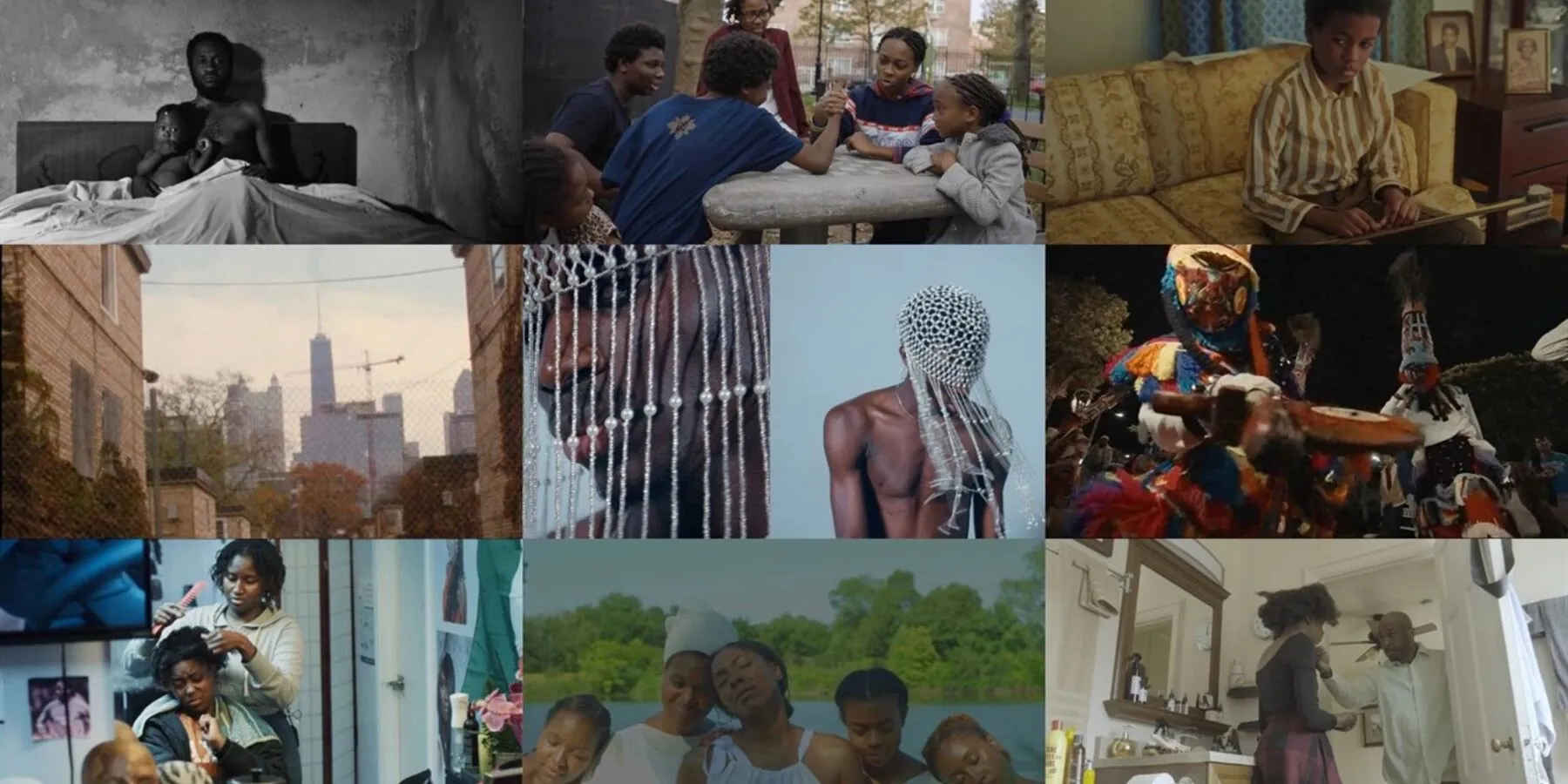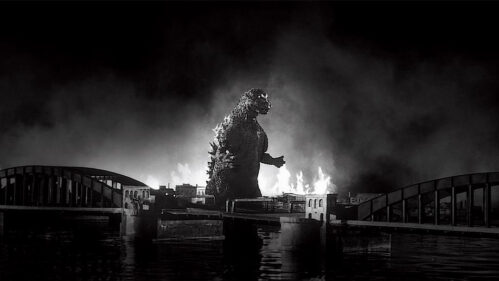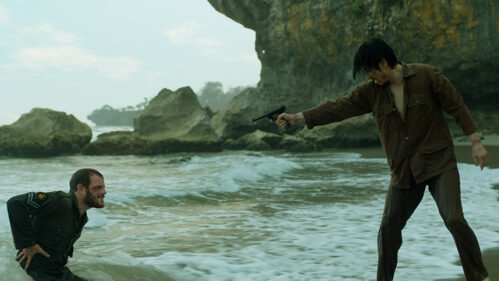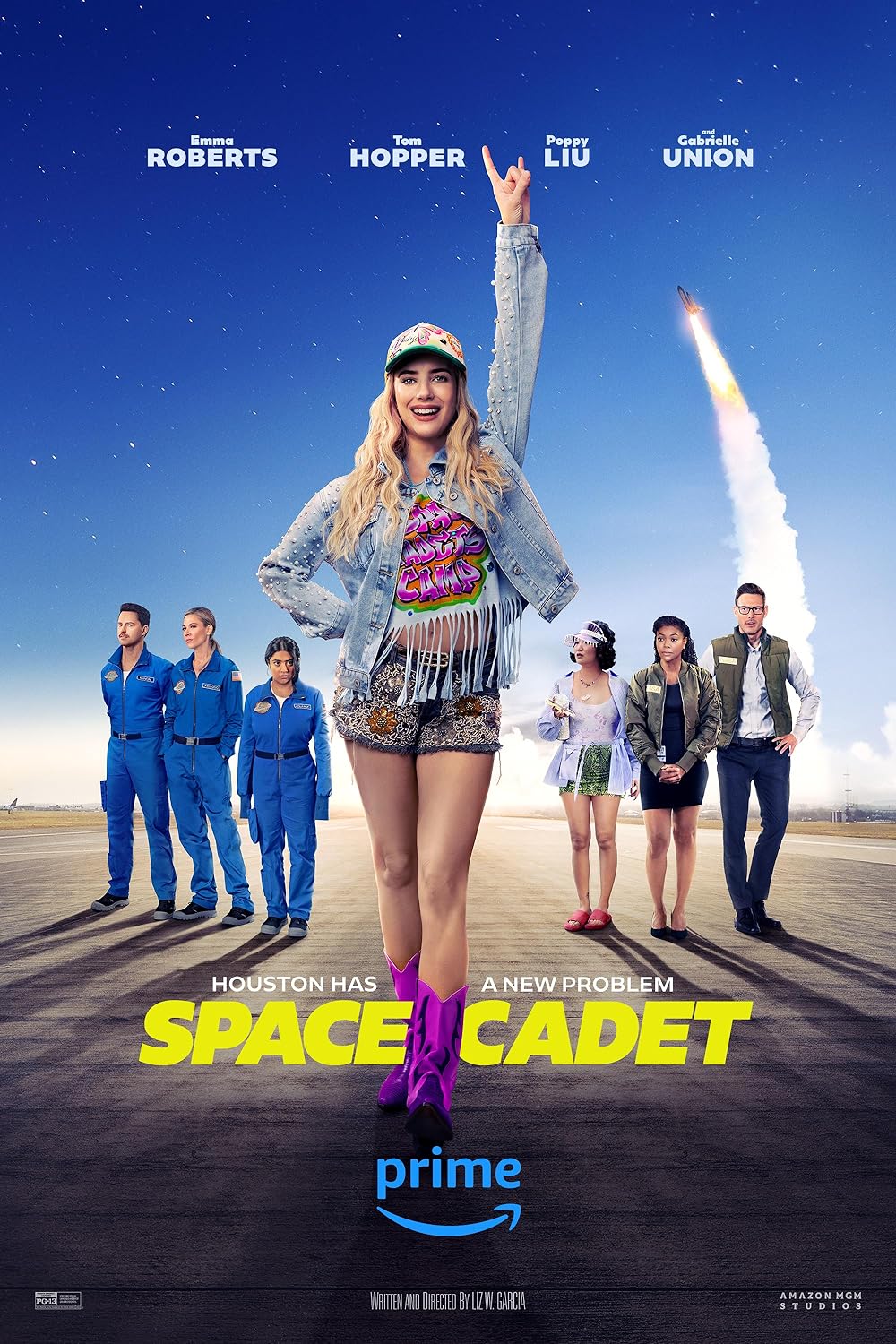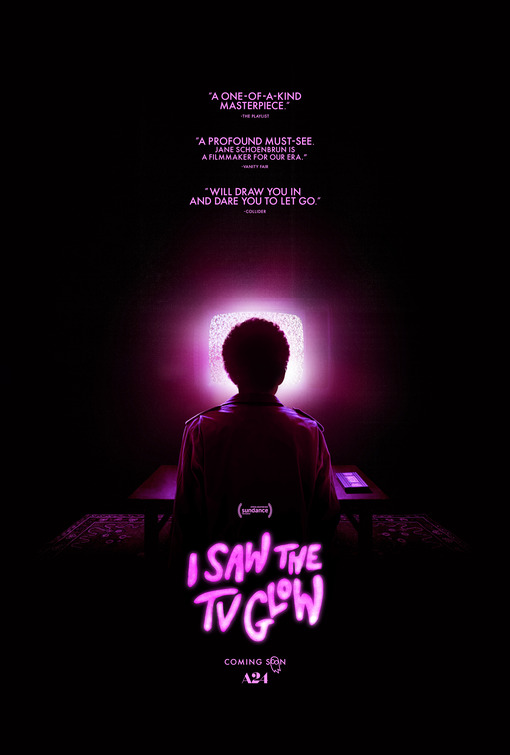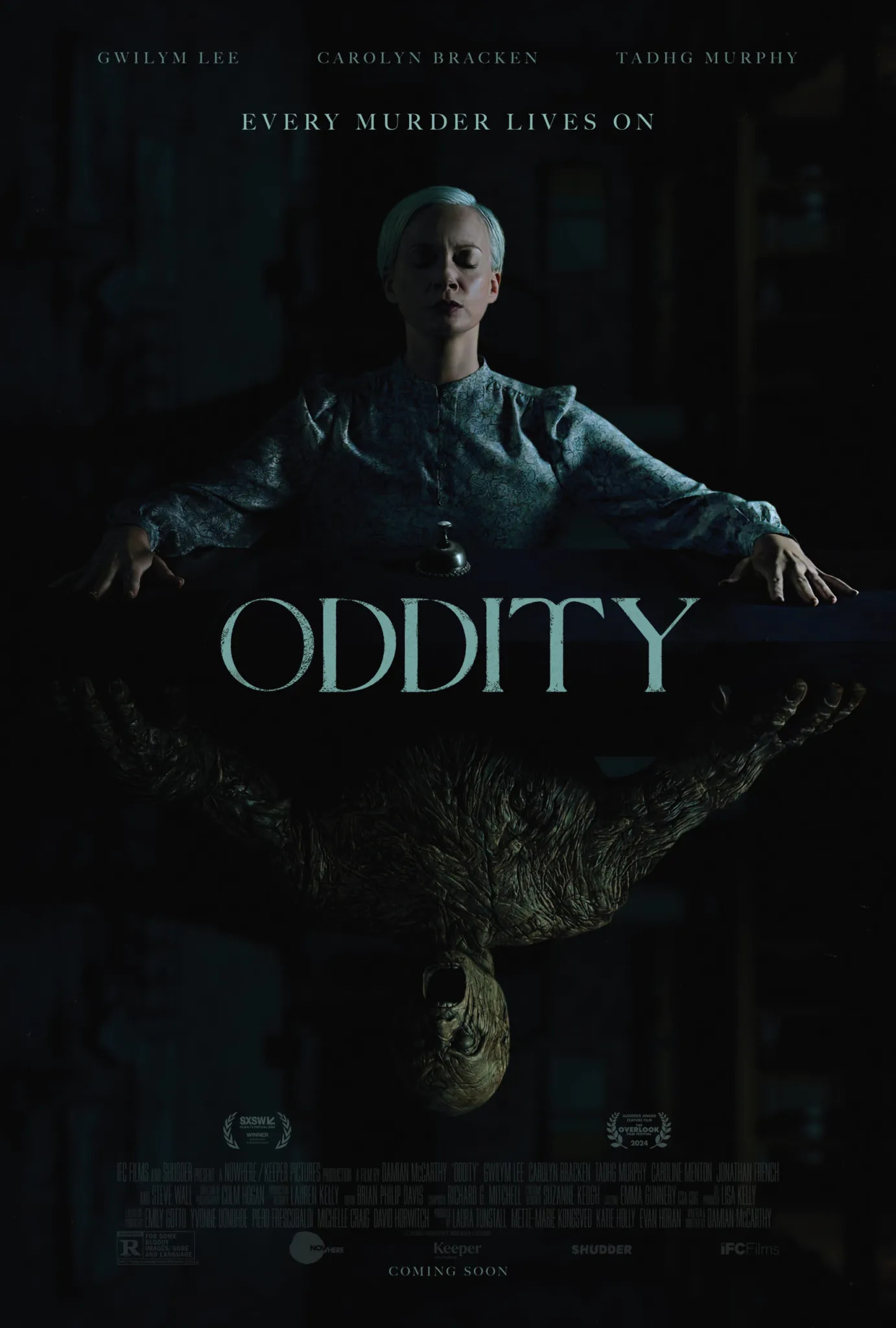I am always excited by the return of Black Harvest Film Festival, Chicago's fall celebration of the fruits of Black cinema. But this year, admittedly, for a personal reason, I'm even more hyped for the festival, which this year takes place from Nov 8 thru Nov 21. This time around, I have the immense privilege of serving on the festival's jury with directors Raven Jackson — we chose the festival's top short and feature — and Julie Dash, who selected the winner of the Sergio Mims prize. Having seen a great range of the fest's selections, I can already tell you that this is a supremely strong edition of BHFF.
Apart from the competition titles, I would be remiss if I didn't highlight the full richness of the robust lineup BHFF curator Jada-Amina Harvey and head coordinator Nick Leffel have put together. From repertory titles to shorts from across the diaspora to boundary breaking features, here are some of the hot titles you should make time for during this Black Harvest Film Festival.
BHFF Shorts
Of the many shorts playing at the festival, I couldn't possibly pick just one. So I have four. There's Haitian director Samuel Frantz Suffren's "Dreams Like Paper Boats," a captivating black and white shot narrative about a father and daughter who receive a cassette that seems to question the past while unmooring the present. Canadian-Rwandan writer/director Justice Rutikara's "Ibuka, Justice" is a deeply personal recounting of the 1994 Rwandan genocide through the eyes of a family attempting to flee the crumbling country. Sudanese writer/director Fatima Wardy's "Hair Care" stands as a form-bending work that sees a young woman visiting a salon only to be sucked into a cartoon. Filmmaker Sean-Josahi Brown's "Ebony" is an aching documentary about a single mother raising six children in a Brooklyn-based transitional housing program. All of these films and more lie among the festival's shorts program, which feels even stronger this year than the year before.

"The Annihilation of Fish"
Few filmmakers' legacies have been more obscured by forces outside their control than Charles Burnett. Due to unsecured music rights, decades passed before his landmark debut "Killer of Sheep" became widely available; his second film "My Brother's Wedding" was also shelved for decades due to a negative review from The New York Times following its world premiere at New Directors/New Films Festival. "The Annihilation of Fish," his 1999 romantic two-hander starring the late Lynn Redgrave and the late James Earl Jones, was also functionally lost due to the distributor pulling the film following a negative review by Variety out of TIFF. Now, with the support of Milestone Films and Kino Lorber, whose 4K restoration was carried out by UCLA Film & Television Archive and The Film Foundation and funded by the Hobson/Lucas Family Foundation, another Burnett treasure will return to the silver screen as the festival's closing night film with Burnett in attendance to accept the Black Harvest Film Festival Legacy Award.
The Annihilation of Fish screens on Nov 21.
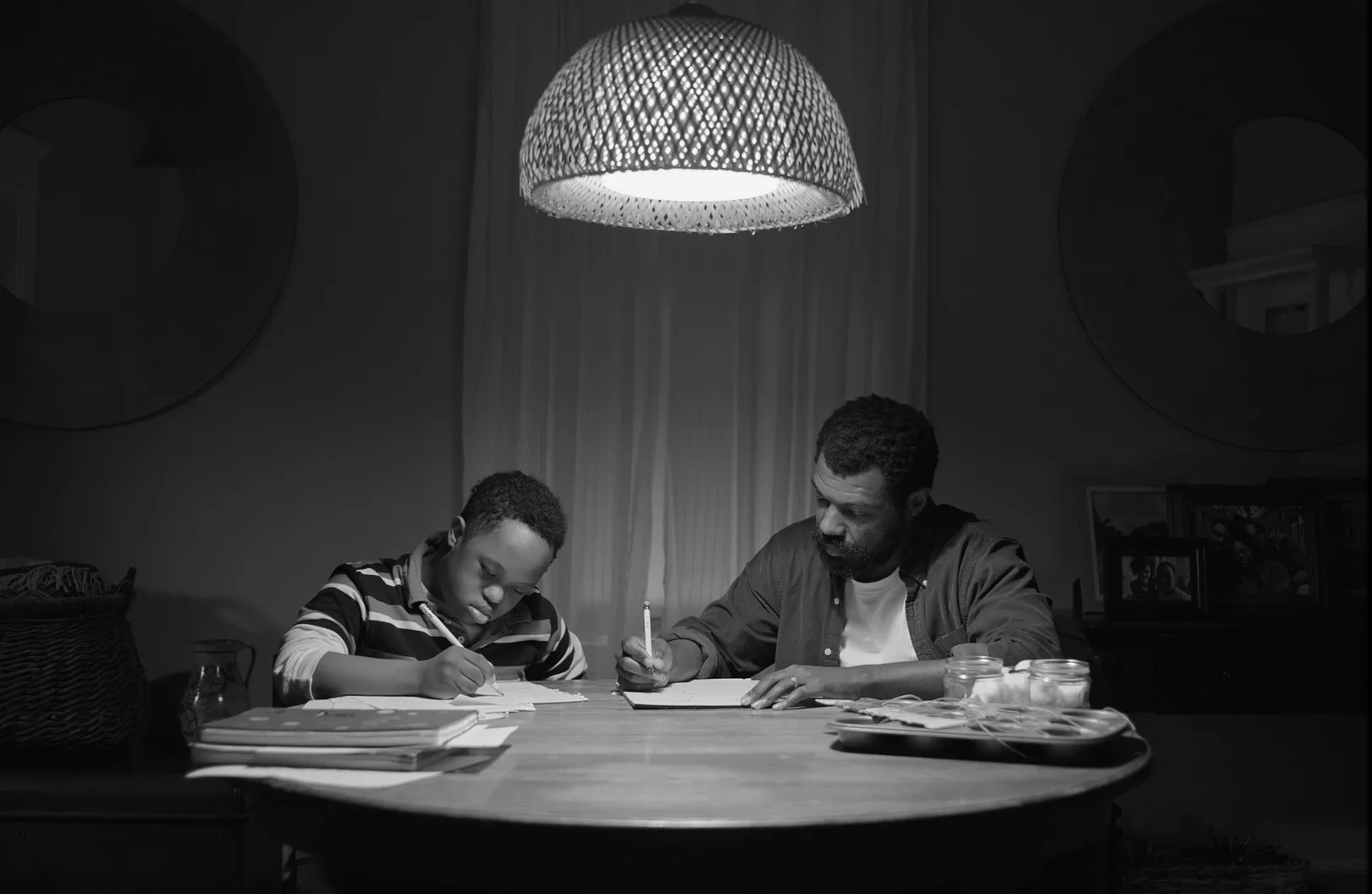
"Color Book"
In a lesser filmmaker's hands, "Color Book" could easily succumb to triteness. But writer/director David Fortune's intimate film, shot in revealing black and white, is eloquent, genuine, and full-hearted. It follows Lucky (William Catlett), a father hoping to take his son Mason (Jeremiah Alexander Daniels), who has Down Syndrome, to his first baseball game. To get to their destination, father and son must make an arduous ride on the MARTA. During their journey, we witness the challenges they meet and the love they share without ever oversimplifying how they navigate through the world.
Color Book screens on Nov 10 and Nov 16.

"Disco Afrika"
Set in Madagascar, director Luck Razanajaona's "Disco Afrika" is an elusive picture. After watching his friend Rivo (Dominique Toditsara) tragically die, Kwame (Parista Sambo) returns home to bury his body. Once home, he begins to reconnect with the memory of his deceased father, who was once in a band called Tout Puissant Africa Voice. By combing through his past, Kwame not only comes of age. He also experiences a political awakening. Kwaeme's journey is granted a light touch through the film's tactile connection to the tiny port town where the picture takes place and the nuanced performance by Sambo. In "Disco Afrika" the bonds felt by a community and the shared connection derived from the records they play is the space where revolution takes hold.
Disco Afrika screens on Nov 14 and Nov 20.

"Ernest Cole: Lost and Found"
Raoul Peck never misses. From Patrice Lumumba to James Baldwin, the director has spent a lifetime documenting and resurfacing the legacies of Black history's great figures. Ernest Cole, the inspired, unparalleled photographer, whose work pulled the curtain to reveal the realities of South Africa's apartheid system, is the latest beneficiary of Peck's discerning eye. For this film, Peck combines Cole's arresting photography, his journals, and the testimonies of colleagues and friends to craft a daring script for Lakeith Stanfield to narrate as Cole. Through Lakeith's voice, Cole is finally given the chance to tell his story, explaining to viewers his anxieties, his rootlessness, and his regrets decades after his passing.
Ernest Cole: Lost and Found screens on Nov 9 and Nov 18.

"Jimmy"
When Raoul Peck made his Academy Award nominated film "I Am Not Your Negro," James Baldwin wasn't forgotten (far from it), but he was awaiting a new generation to rediscover his work. Following Barry Jenkins' cinematic adaptation of "If Beale Street Could Talk" and the new editions of Baldwin's books that have repopulated book stores, it now appears difficult to find a new way to see the writer. Yashaddai Owens' "Jimmy," however, ingeniously reframes Baldwin. Shot on 16mm, Owens' black and white film follows a young Baldwin (Benny O. Arthur) tracing across Europe in 1968. The expressionist film, a textured, freewheeling exploration, demonstrates how Baldwin finally became Baldwin through poetic imagery that never feels predictable or demure.
Jimmy screens on Nov 13 and 16.
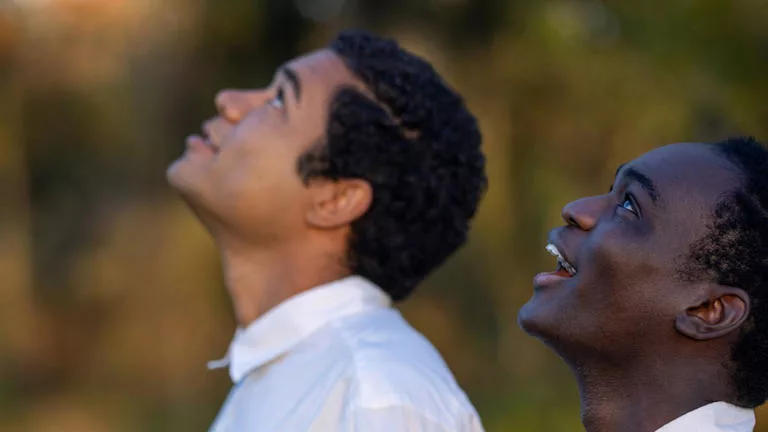
"Nickel Boys"
If you've read my four-star review of RaMell Ross' "Nickel Boys," then you can't be too surprised to find his inventive film among my recommendations. Adapted from Colson Whitehead's Pulitzer Prize winning novel, the film, shot entirely from pov, mixes DP Jomo Fray's lyrical photography with bracing montages of stills and archival footage to tell the story of Elwood— (Ethan Herisse) — a bright kid from Tallahassee, Florida wrongly convicted of grand theft in 1962. Elwood is sent away from his loving grandmother Hattie (Aunjanue Ellis-Taylor) to Nickel Academy, a violent reform school based on the real-life Dozier School for Boys, where he befriends a shrewd Turner (Brandon Wilson), who also dreams of escape in a film that breaks every mold cinema has to offer.
Nickel Boys screens on Nov 17.
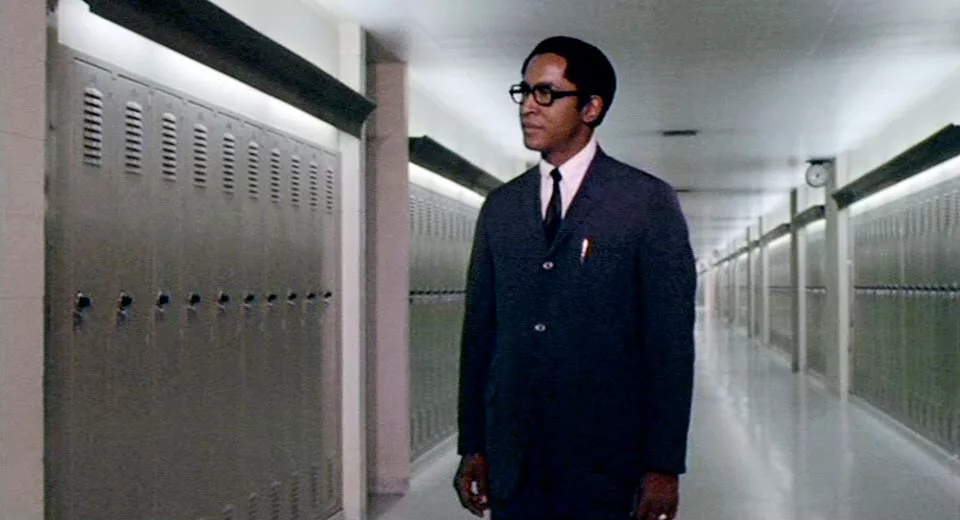
"The Spook Who Sat By the Door"
During the Chicago International Film Festival, I was fortunate enough to meet with actors Pemon Rami, David Lemieux, and J. A. Preston, who, in advance of the screening of the 4k restoration of Ivan Dixon's "The Spook Who Sat By the Door," talked to me about the making of the seminal Blaxploitation film. Thankfully, that showing at Chi Film Fest isn't the last for the Chicago-set film. Telling the story of Dan Freeman (Lawrence Cook), a former C.I.A. agent who returns to Chicago to show its Black community tactics for destabilizing the government, Dixon's striking adaptation of Sam Greenlee's same-titled novel remains stunningly ahead of its time.
The Spook Who Sat By the Door screens on Nov 10.
Extra! Extra!
Here are two quick recommendations to further consider. The creator of "Random Acts of Flyness," Terrance Nance will be in conversation with jada-amina. On Nov 11, following in the Film Center's recent tradition of presenting a Mystery Movie, BHFF has a special surprise title that you'll want to see.

